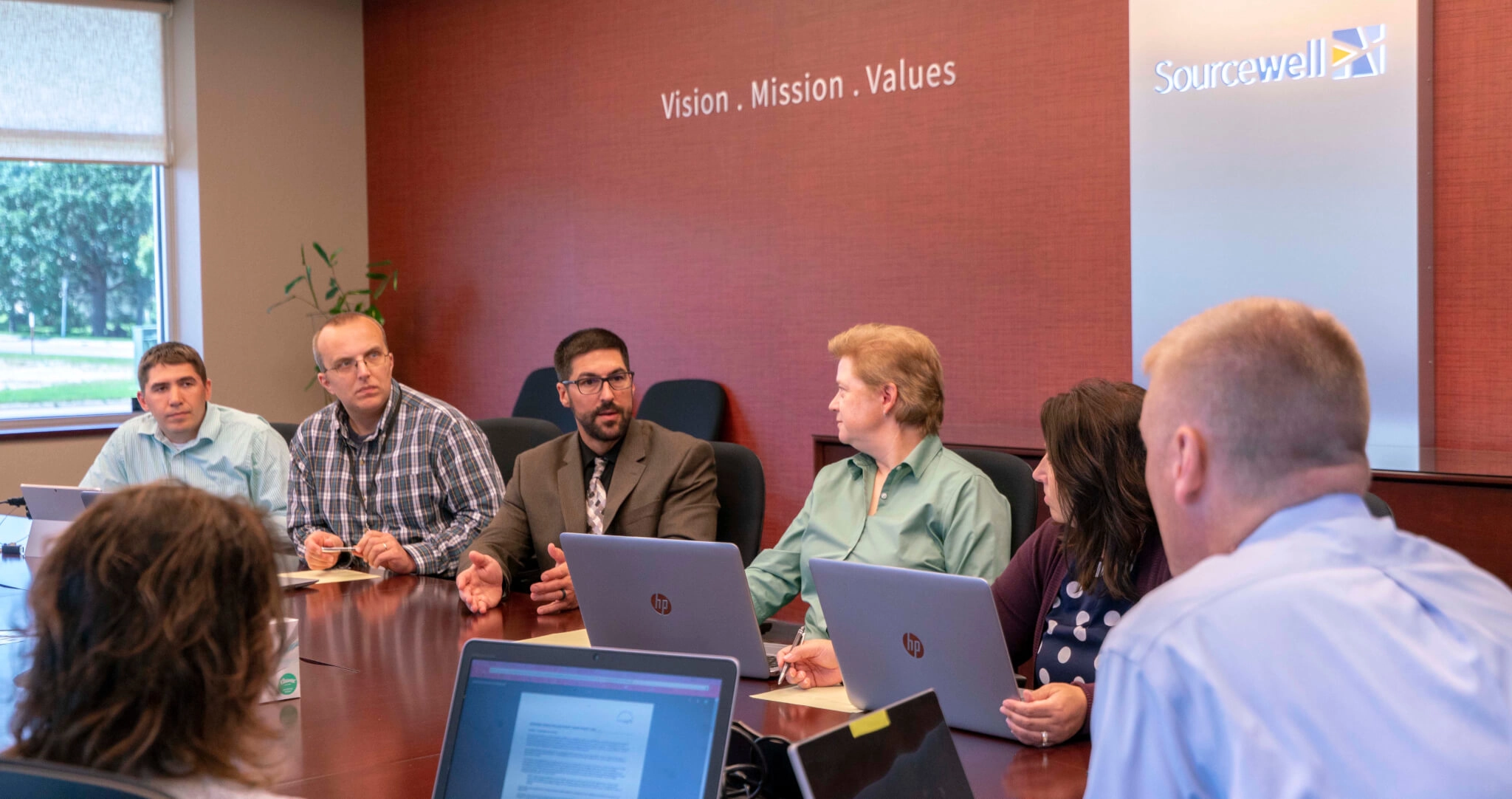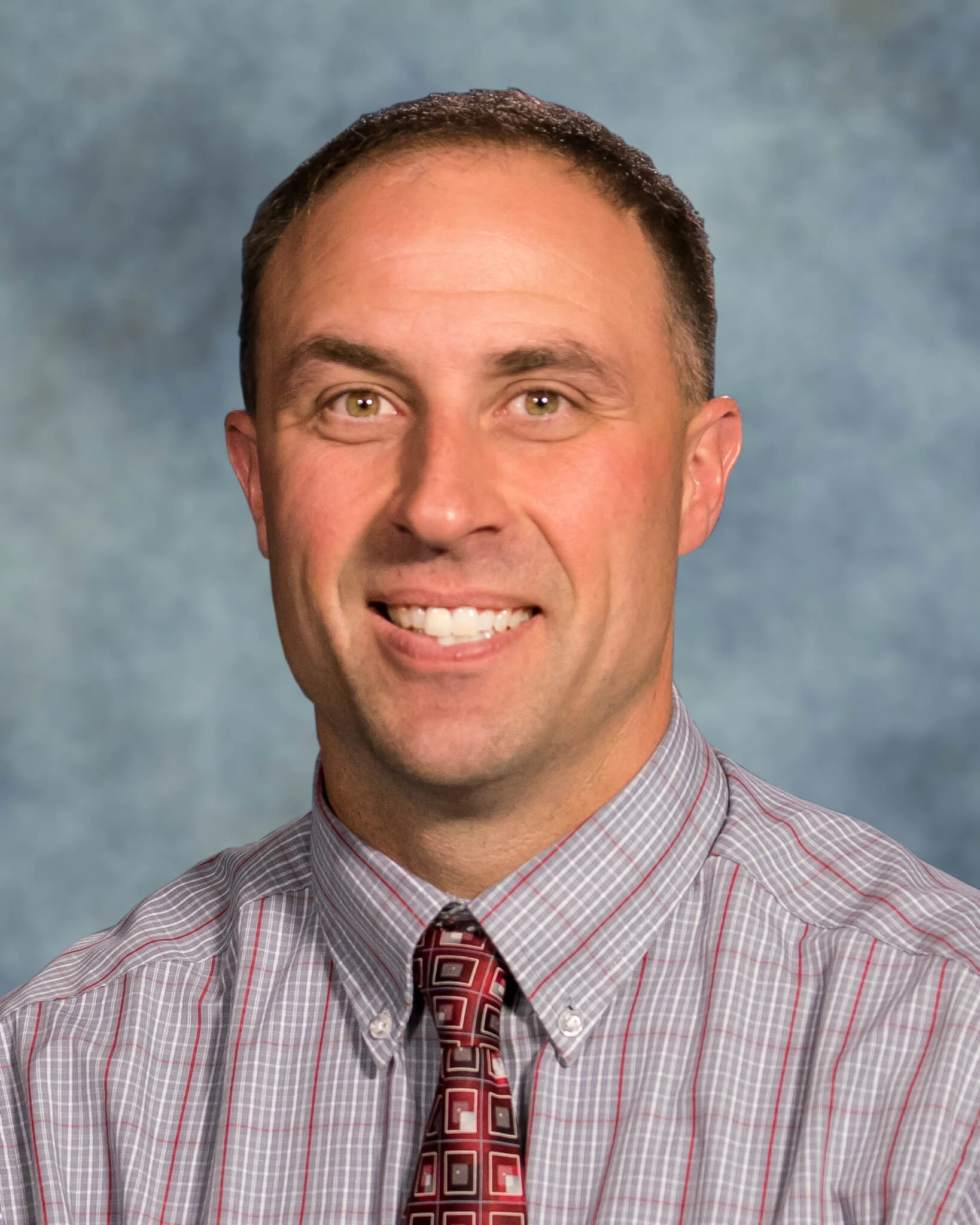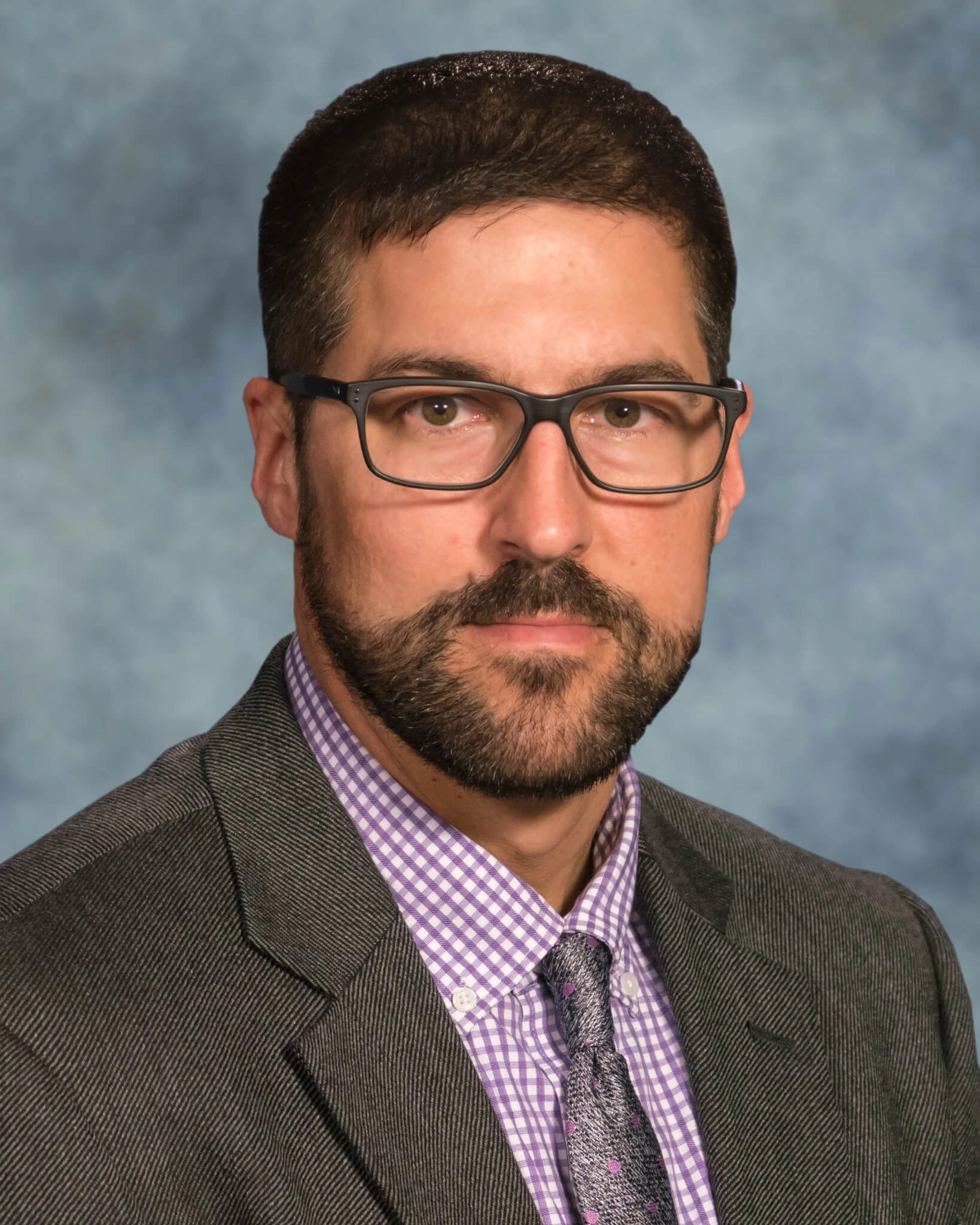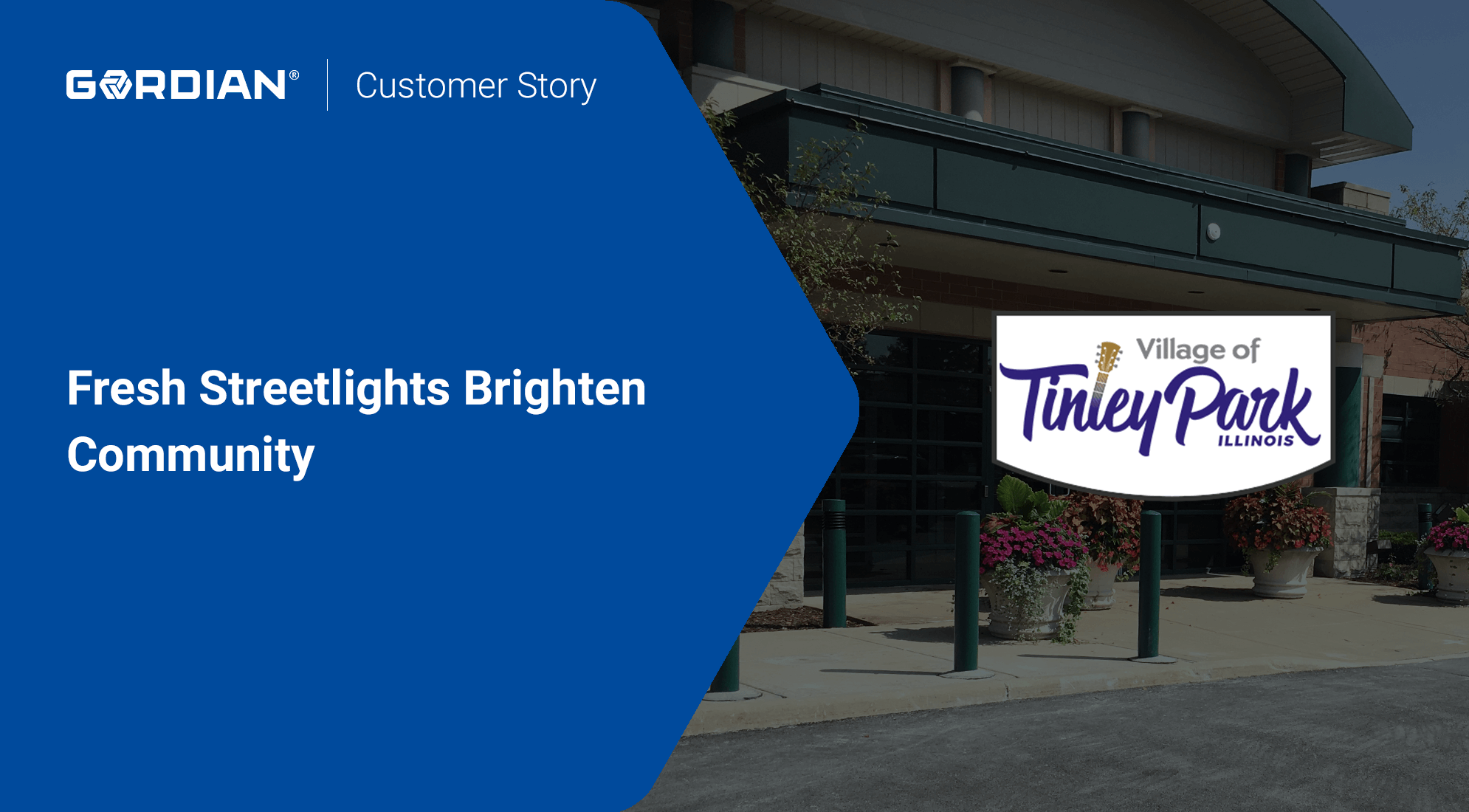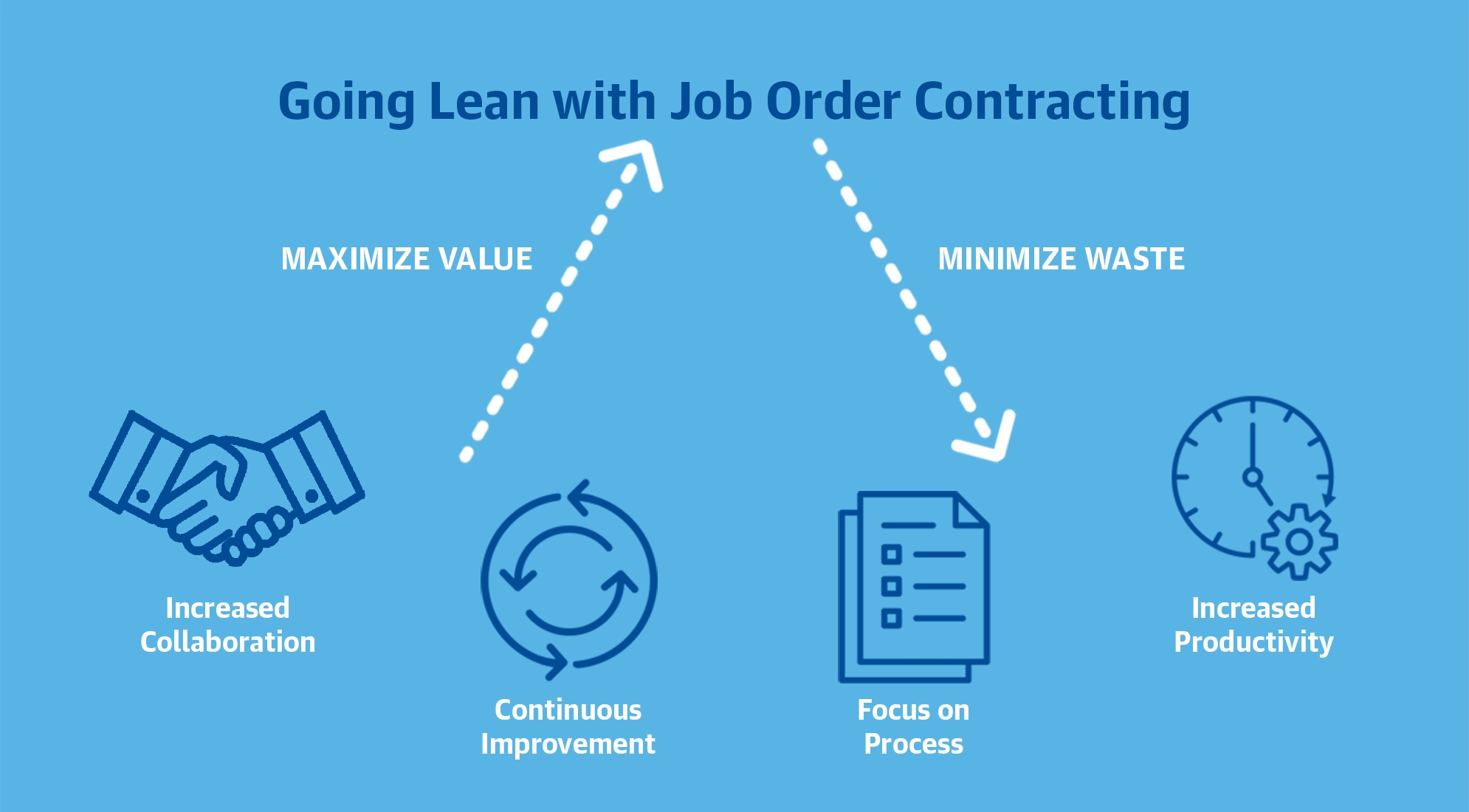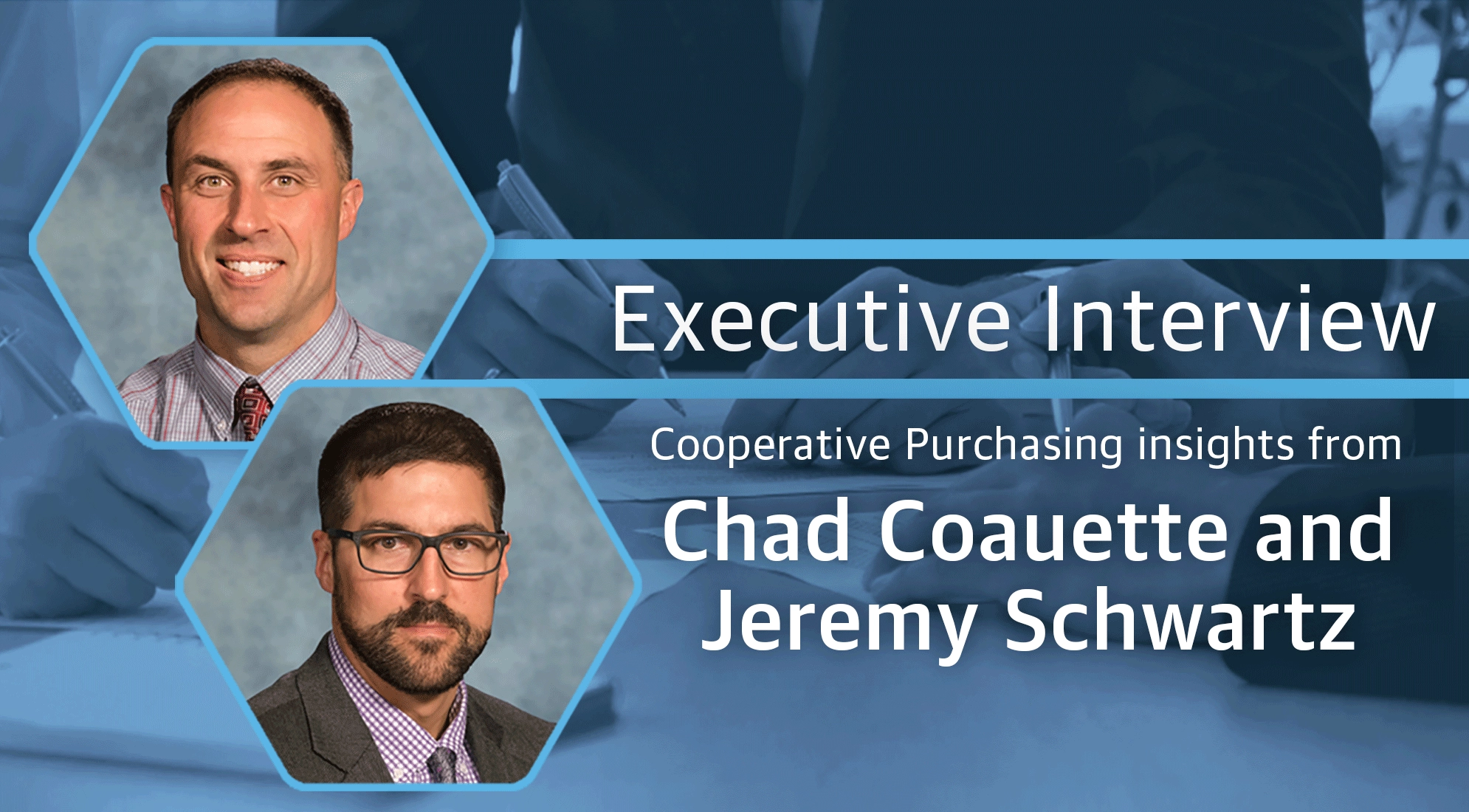
Cooperative Purchasing Insights from Sourcewell Executives
Organized around the goal of helping government, education and nonprofits work more efficiently, Sourcewell has become well known as a cooperative purchasing organization serving more than 50,000 agency members. Based in Minnesota, Sourcewell has been around for 40 years and, in fiscal year 2017-18, approximately $3 billion of annual purchases were made using Sourcewell contracts.
In this Executive Interview, Sourcewell Executive Director/CEO Chad Coauette, Ph.D., and Jeremy Schwartz, Director of Operations and Procurement/CPO, discuss the organization’s recent re-brand, different ways cooperatives assist their members and how Sourcewell deploys Gordian’s ezIQC® solution.
Tell us about Sourcewell’s history.
Chad Coauette: We were established in 1978 and authorized by Minnesota state statute to assist educational entities in our region with several programs and services, including purchasing. Around 1995, our statutes changed and allowed us to work with local and state governments and nonprofits as well.
Many people knew Sourcewell as National Joint Powers Alliance or NJPA. Why make the change? What can current and future members expect from Sourcewell?

How do cooperatives add value for their members?

JS: We work with numerous agencies across the nation, allowing us to be an integrator of best practices. An organization that works through its own process might not be as exposed to some of the best processes from other regions within its state, let alone the country, but a cooperative is.
Another value we bring to the procurement landscape is listening to the voice of the customer and acting based on what we hear. Our membership team, contract administrators, procurement team and our marketing division interact with our members on a regular basis. Based on these interactions, we look at solutions that meet the needs for a wide swath of our membership.
Since Sourcewell is so intentional about capturing the voice of the customer, is there anything you are hearing consistently from your members?
CC: Across the board, we hear that accessing qualified contractors is a struggle. This is a big problem for the education sector, whether it’s K-12 or higher education. School lets out at the end of May or beginning of June and there’s a specific startup date. Finding contractors to do a bunch of work in a tight window of time is challenging.
As a national cooperative, how does your organization navigate each state’s procurement laws?
JS: We have a team that’s out canvasing and utilizing electronic systems and web-based systems to track legislation. But beyond that, we have eyes and ears of vendor partners and members across the nation, letting us know when they hear that procurement laws could change. Combining that intel gives us the greatest opportunity to make sure we are ahead of the game.
Do you have any advice for entities considering joining a cooperative?
JS: Your board of commissioners or elected officials have their own experiences and preconceived notions about cooperative construction procurement. It’s up to you to convince them of a cooperative’s benefits. I suggest having examples of how similar entities have used this model successfully to hit project timelines they would have never otherwise reached, or achieved savings they would have never otherwise received, or avoided serious missteps thanks to cooperative procurement. It’s a great way to get executive buy-in.
Your members access Job Order Contracting through Gordian’s ezIQC solution. How does ezIQC benefit Sourcewell members?
CC: At Sourcewell, we’ve developed more than 300 unique Construction Task Catalogues® and provided job order development services for thousands of job orders. Through ezIQC, Gordian assists members with scope and work development and easy ways to streamline change order processes. All that leads to time savings, reduced procurement and administrative costs, increased cost control and a high quality of work because local contractors are held to a performance-based contract.
About Chad Coauette, PhD and Jeremy Schwartz
As Executive Director/CEO of Sourcewell, Chad works strategically to develop new programming and services that meets the needs of its members, sets overall organizational improvement goals, participates in public relations efforts and recommends policy changes and oversees all Sourcewell operations. Chad has a doctorate in educational leadership from the University of North Dakota and Bachelor and Master of Science degrees in industrial technology from the University of North Dakota.
Jeremy Schwartz is the Director of Operations & Procurement/CPO at Sourcewell. In this role, his primary responsibilities include organizational strategy and strategic direction, visioning and oversight of the Contracts and Compliance, Contract Administration and Business Development departments. Jeremy has a Bachelor of Science in industrial technology from Bemidji State University and is a certified Six Sigma Black Belt through the American Society for Quality(ASQ).
Share this:


